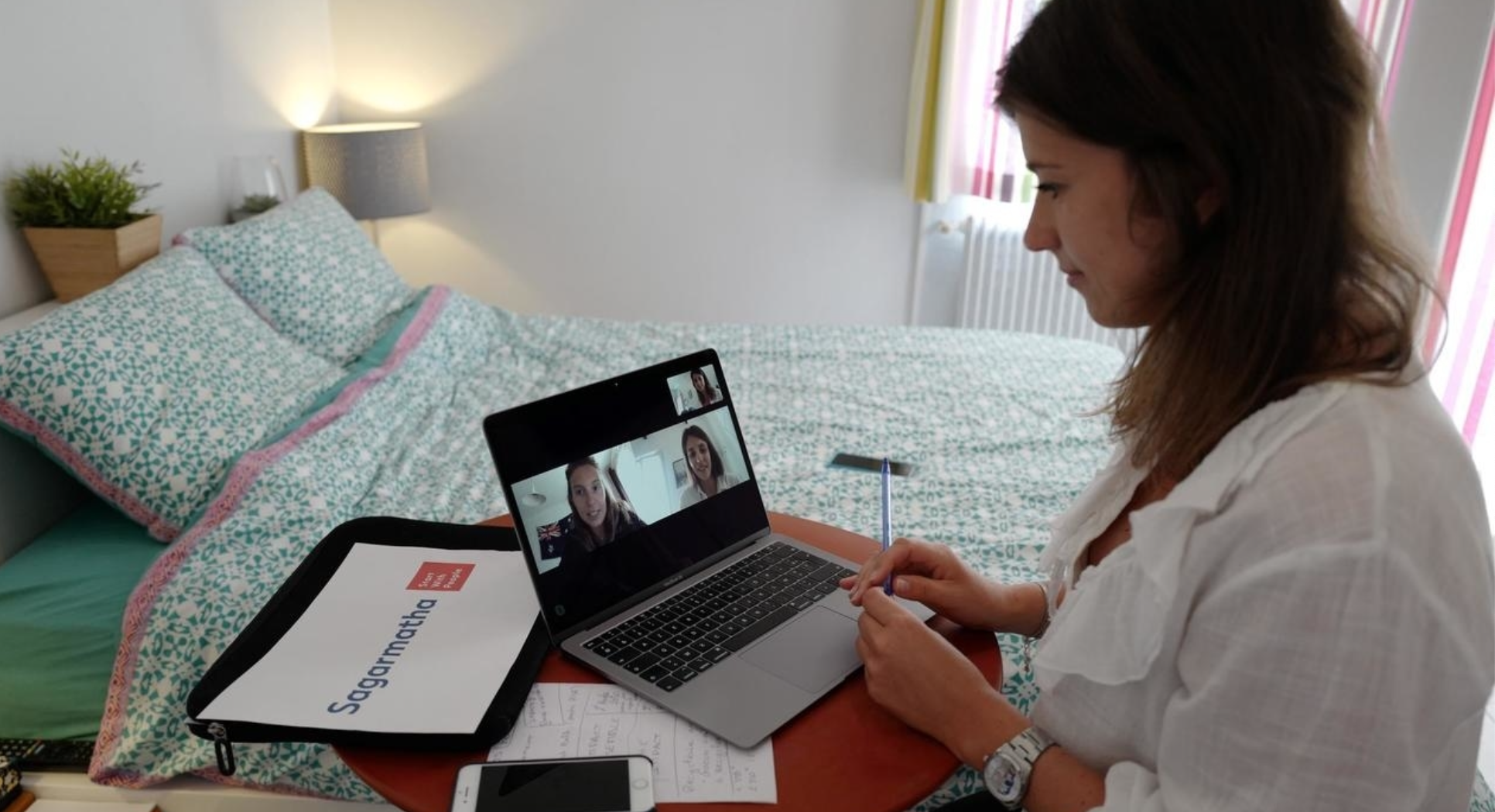
During the health crisis, most employees were teleworking, the main objective of which was to maintain economic activity and preserve everyone’s health.
The same professional activity carried out at the company had to be done at home under exceptional conditions. Employees were putting in more effort in an unsuitable environment. For example, lack of resources and/or connection difficulties due to network overload would cause employees stress, sometimes even extending working hours. In addition, the implementation of teleworking in an emergency and without anticipation made working from home “forced”. Teleworking was thus suffered, spread over the entire week and carried out either in an unsuitable environment.
Several studies show that in normal times, telecommuting is a source of productivity and provides employees with additional well-being. For example, employees save more time and gain more autonomy. They are thus more efficient. However, beyond two days a week, the benefits of teleworking are lost. Risks of isolation and reduced motivation are observed. “Forced” telework has thus become a source of psychosocial risks. Psychosocial risks can be defined as “professional risks linked exclusively to work, perceived and experienced by employees as damaging to their mental and physical health”.
Telework as “any form of work organization in which work that could also have been performed on the employer’s premises is carried out by an employee outside these premises on a voluntary basis using information and communication technologies” (INSR, 2019), is impacted by psychosocial risks which, according to the Ministry of Labor (2007), “are occupational risks of various origins and nature, which jeopardize the physical integrity and mental health of employees and have an impact on the proper functioning of organizations”. One of the major risks generated during the period of confinement is the increase in sedentary behaviour.
According to the INSR, “sedentary behavior is characterized by a sitting (or lying) posture, when awake, with very low energy expenditure (≤ 1.5 times that of rest). It has devastating effects on physical health (metabolic and cardiovascular diseases) and also generates problems on mental health (depression and anxiety disorders). Complications due to this sedentary behavior increase the risk of obesity and mortality. In fact, metabolic disturbances are observed from the very first weeks due to physiological imbalance caused by a decrease in physical activity. The production of different hormones will be deregulated and will affect our biological rhythm. For example, melatonin, also known as the sleep hormone, will occur irregularly and indura sleep disorders including insomnia. These sleep disorders will have consequences on physical health with chronic fatigue and on mental health with mood disorders. Other hormones such as insulin, which plays a regulatory role by keeping blood sugar production at its normal value, will occur in smaller quantities, leading to an increase in body fat and significant weight gain.
As a result, in “forced” telework situation, the impact is greater because the confinement not only prolongs sedentary behavior excessively (as a result of a decrease in physical activity) but also promotes its maintenance.
Bibliography :
https://travail-emploi.gouv.fr